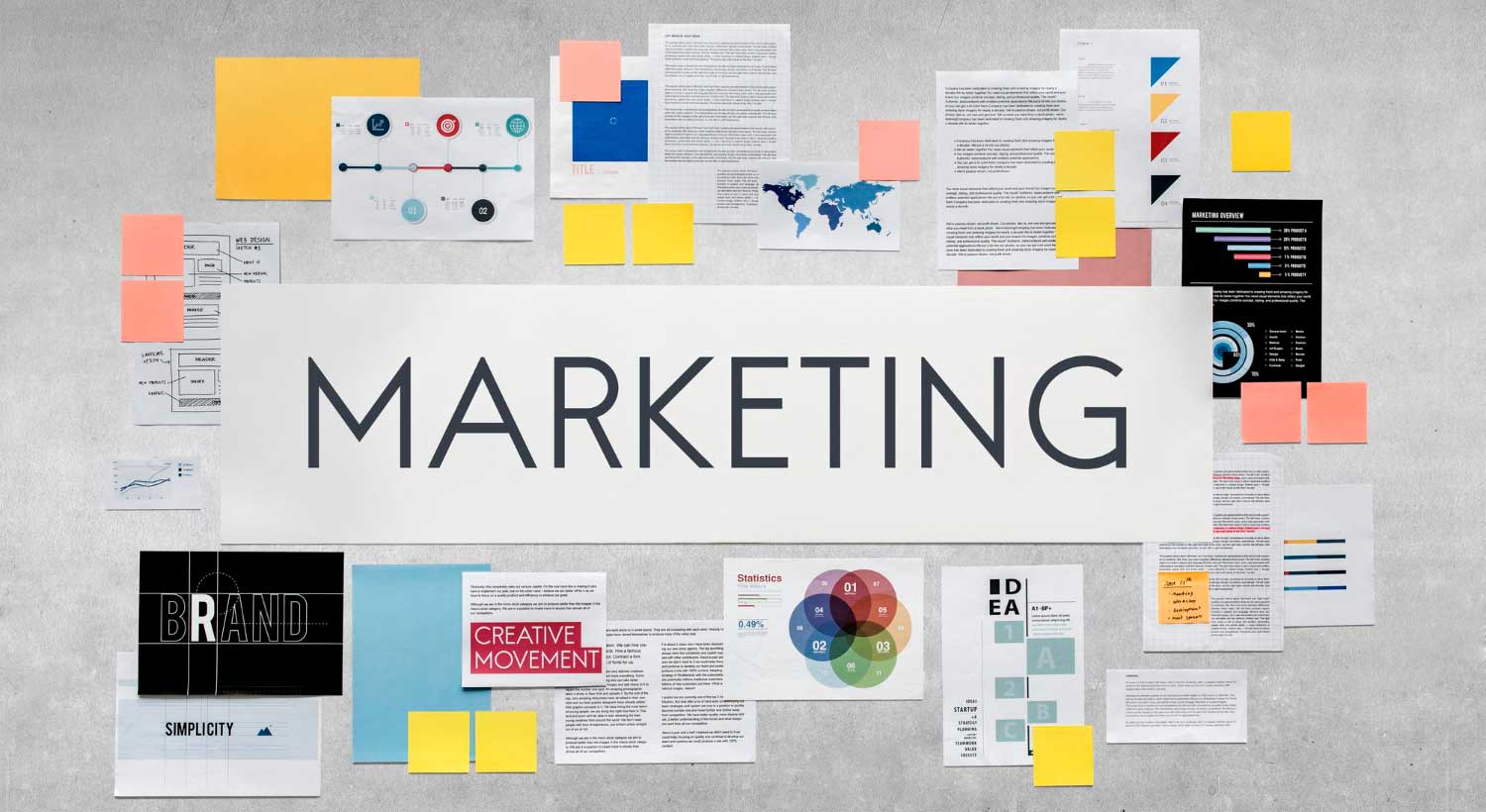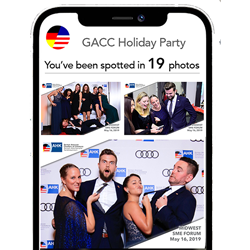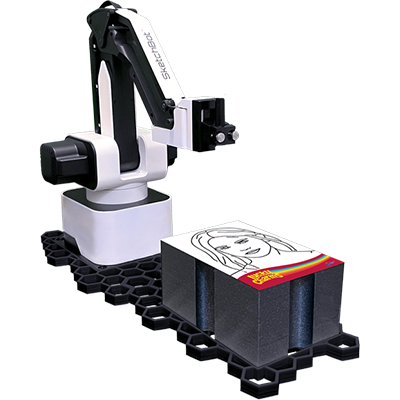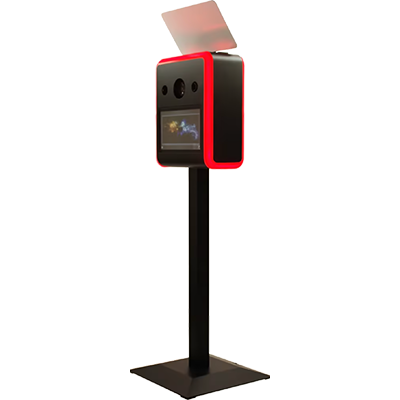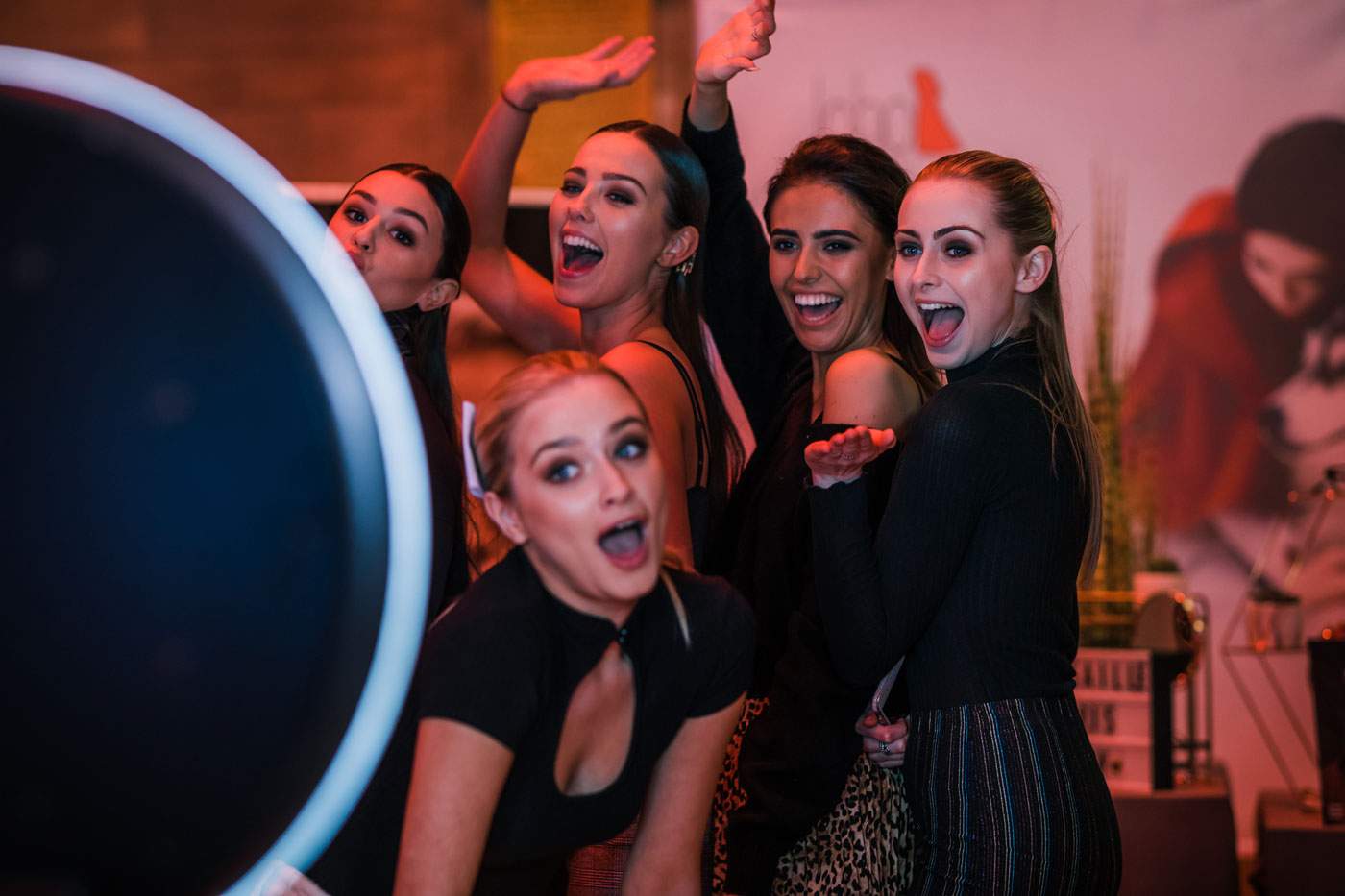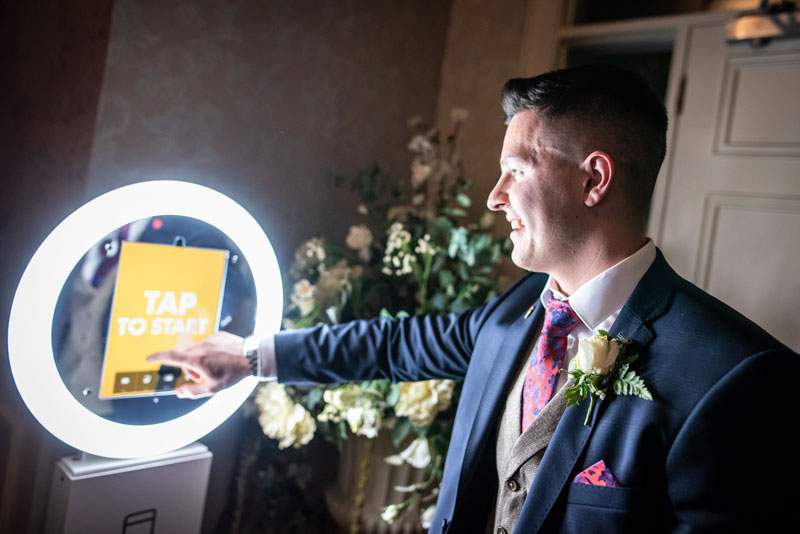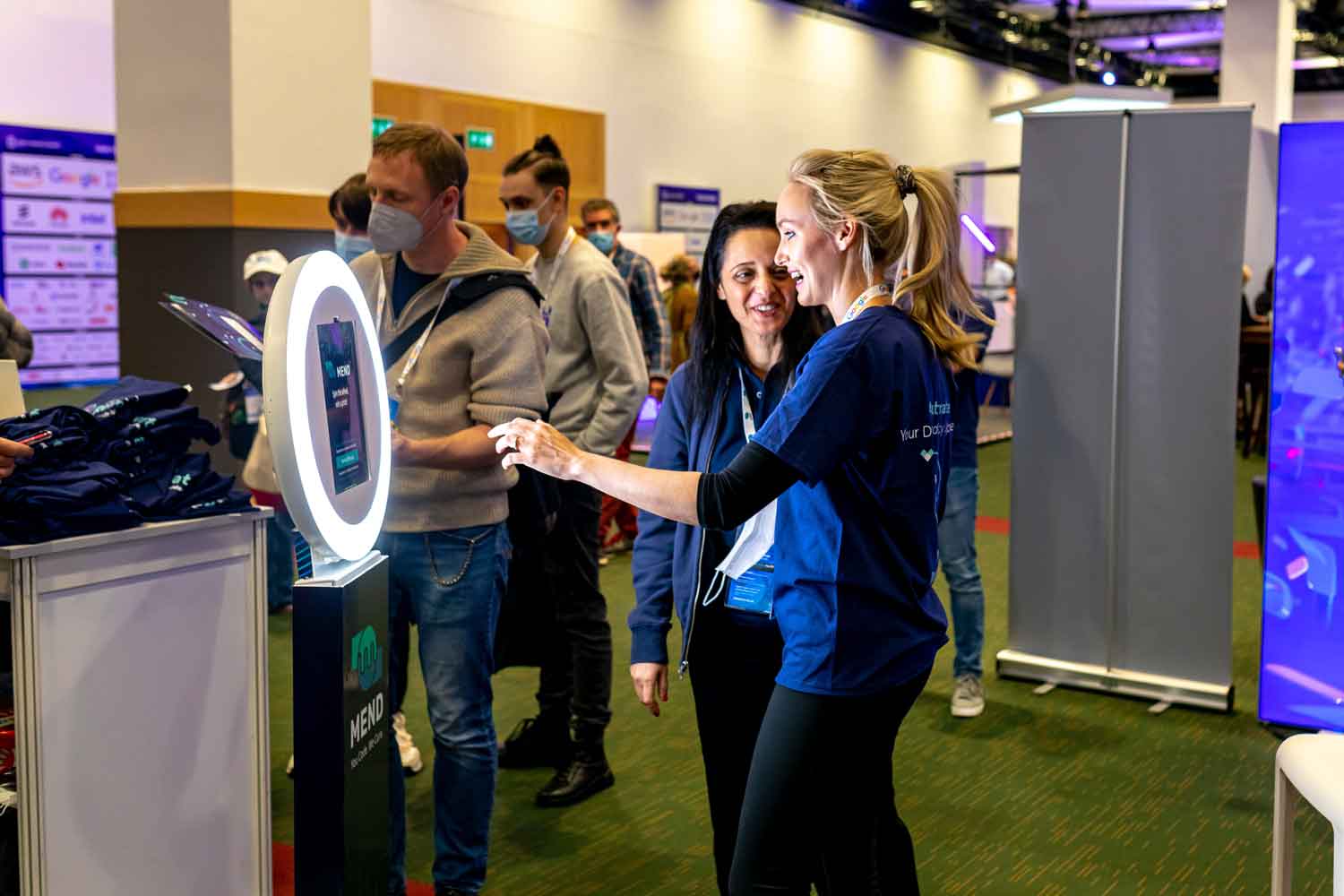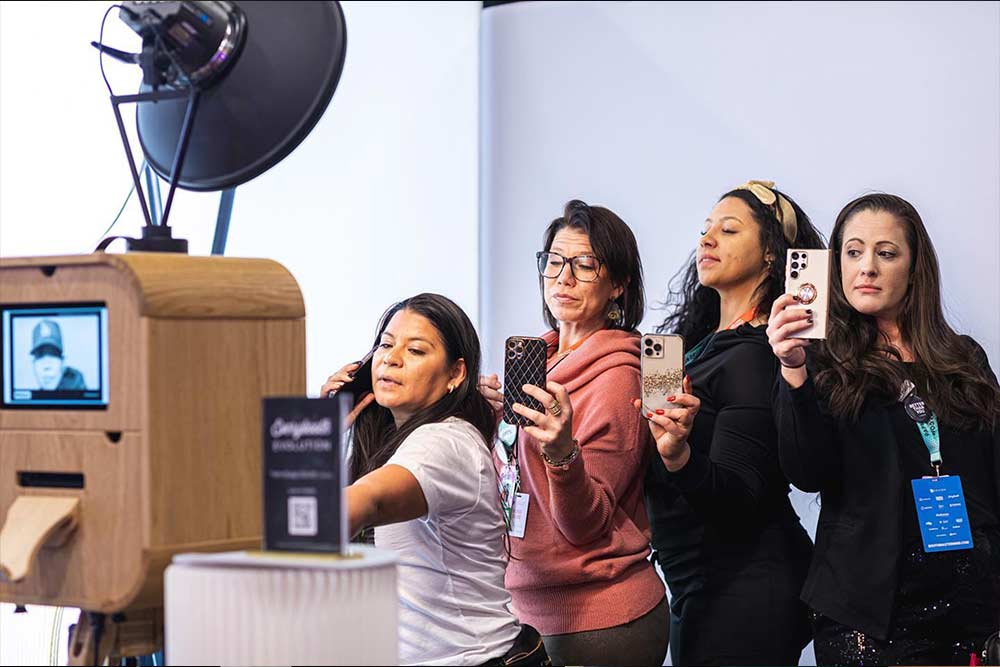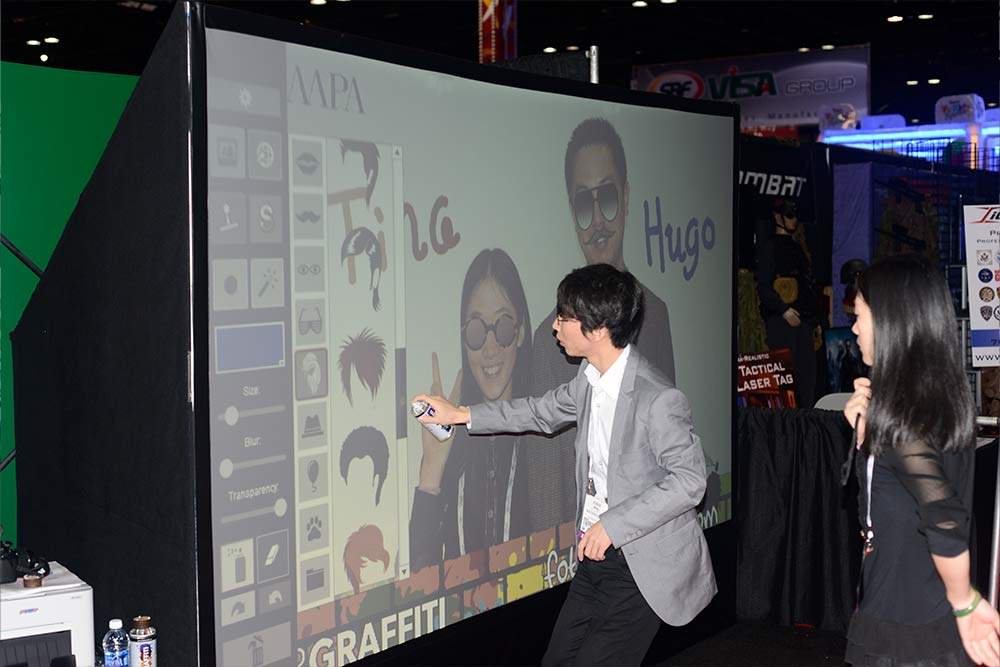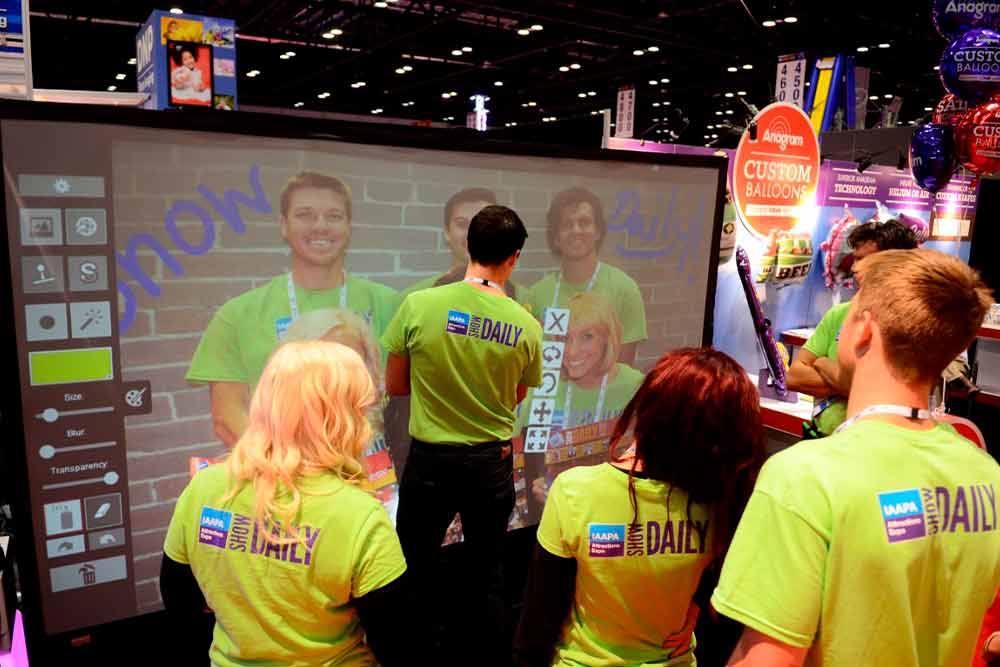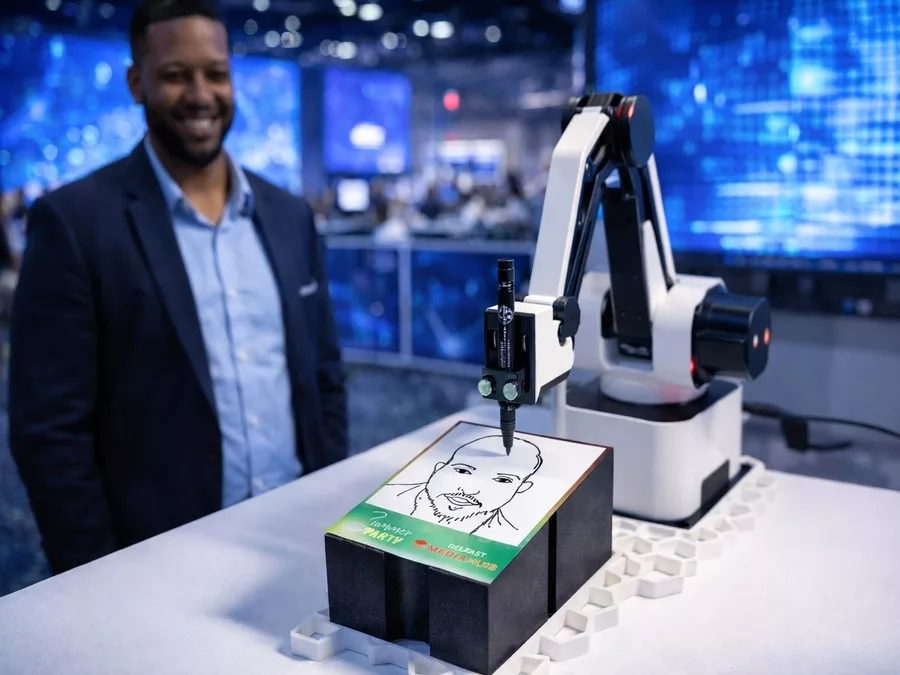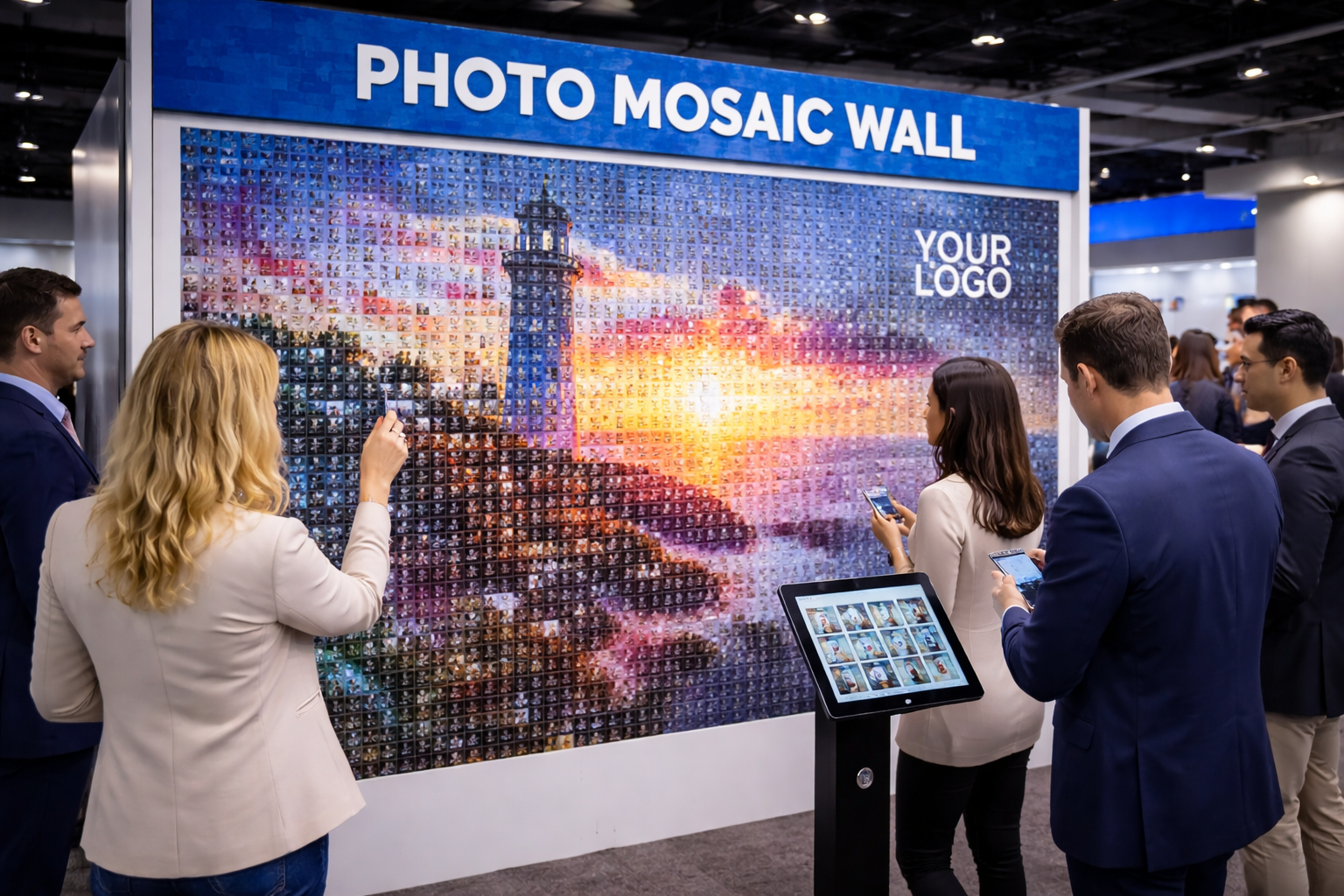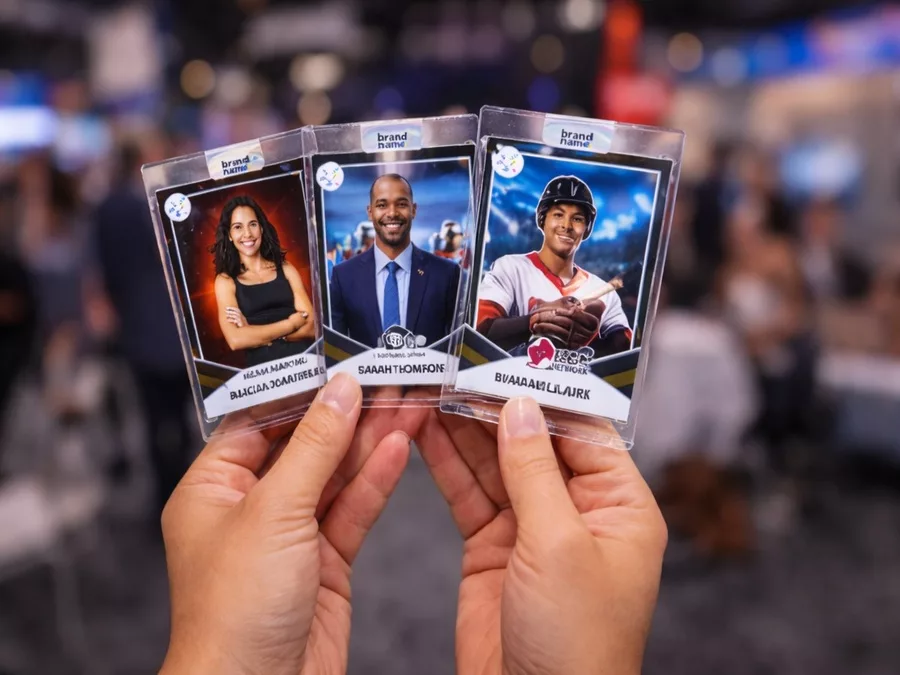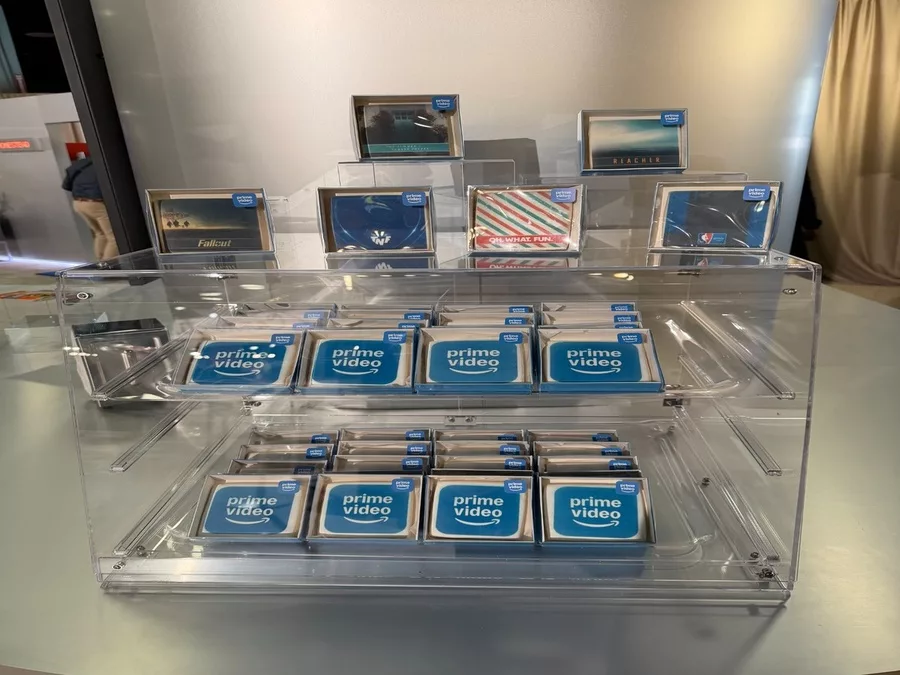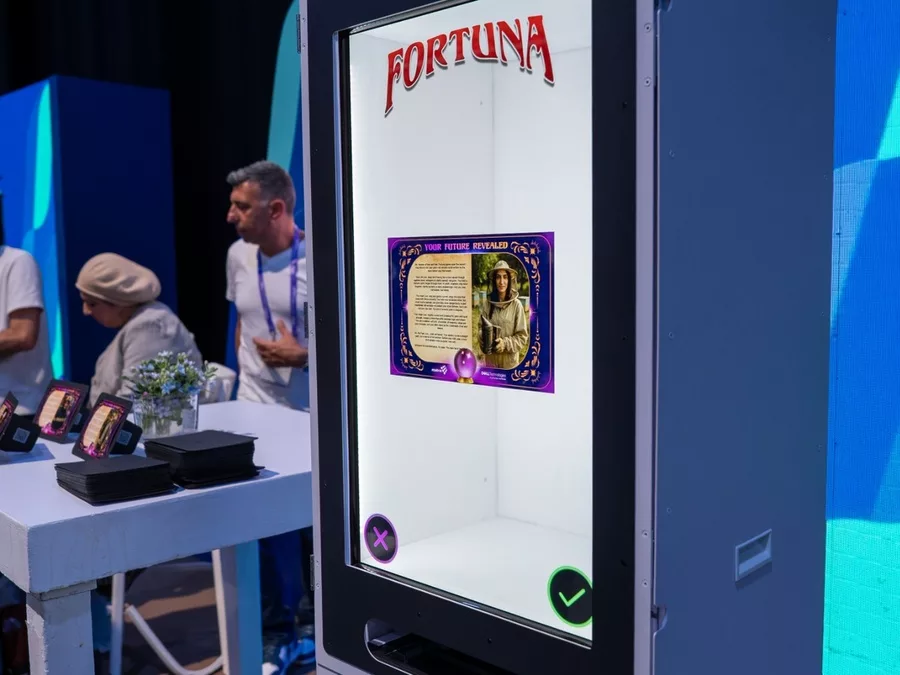In today’s fast-paced digital landscape, brands are constantly seeking innovative ways to connect with their audience. Traditional marketing methods are no longer sufficient to capture the attention of consumers who crave unique and interactive experiences. This has given rise to various modern marketing strategies, including brand activations, experiential marketing, and the use of advanced technologies like AI. In this blog post, we will delve into different marketing strategies, including their benefits and best practices, and provide a detailed comparison to help you choose the right approach for your brand.
Brand Activations
Brand activations are marketing events or campaigns designed to create direct interactions between brands and consumers. The goal is to foster consumer engagement and drive action through immersive experiences. These activations can range from pop-up events and product samplings to interactive installations and digital campaigns. Successful brand activations leave lasting impressions and build strong emotional connections with the audience, ultimately enhancing brand loyalty and awareness.
Brand Marketing
Brand marketing is the process of promoting and selling products or services by establishing and maintaining a brand’s identity and reputation. It encompasses various strategies, including advertising, content marketing, social media engagement, and public relations. The primary objective is to create a positive perception of the brand, differentiate it from competitors, and build long-term relationships with customers. Effective brand marketing relies on consistent messaging and a deep understanding of the target audience.
Experiential Marketing
Experiential marketing focuses on creating live, immersive experiences that allow consumers to interact with a brand in a tangible way. This strategy emphasizes engagement through events, activations, and other interactive methods. The goal is to create memorable experiences that resonate emotionally with consumers, leading to stronger brand loyalty and higher levels of engagement. Examples include pop-up shops, interactive installations, and live demonstrations that encourage hands-on participation.
Multi-city Brand Activations
Multi-city brand activations involve executing a coordinated series of events across multiple locations. This strategy allows brands to reach a broader audience while maintaining a consistent brand message. Multi-city activations require careful planning and logistics to ensure a seamless experience in each location. They are particularly effective for product launches, nationwide promotions, and campaigns aimed at generating widespread buzz and media coverage.
Interactive Events
Interactive events are designed to engage attendees through participation and interaction. These events often feature activities such as games, workshops, and interactive displays that encourage audience involvement. The goal is to create a dynamic and engaging environment that fosters a deeper connection between the brand and its audience. Interactive events are highly effective for building brand awareness, generating leads, and creating memorable experiences that participants will share with others.
Interactive Technology
Interactive technology encompasses a range of digital tools and platforms that facilitate user interaction and engagement. This includes virtual reality (VR), augmented reality (AR), interactive touchscreens, and mobile apps. By integrating interactive technology into marketing campaigns, brands can create personalized and immersive experiences that captivate audiences. This approach not only enhances engagement but also provides valuable data and insights into consumer behavior.
AI-Generated Events
AI-generated events leverage artificial intelligence to design, manage, and optimize event experiences. This technology can be used to personalize attendee experiences, automate event logistics, and analyze data in real-time. AI can help create more efficient and targeted events by predicting attendee preferences, optimizing schedules, and providing personalized recommendations. The integration of AI in events can lead to more engaging and tailored experiences, ultimately enhancing overall satisfaction and ROI.
Comparison Table
| Strategy | Pros | Cons |
|---|---|---|
| Brand Activations | High engagement, memorable experiences, strong emotional connections | High cost, complex logistics, limited scalability |
| Brand Marketing | Builds long-term relationships, enhances brand reputation | Requires consistent effort, challenging to measure ROI |
| Experiential Marketing | Creates lasting impressions, high consumer engagement | Resource-intensive, difficult to scale |
| Multi-city Activations | Broad reach, consistent brand message | High logistical complexity, significant cost |
| Interactive Events | High attendee engagement, memorable experiences | Requires significant planning, potential technical issues |
| Interactive Technology | Personalized experiences, valuable data insights | High initial investment, technology dependency |
| AI-Generated Events | Efficient management, personalized experiences, real-time data analysis | Potential data privacy concerns, technology reliability |
Conclusion
Modern marketing strategies, from brand activations to AI-generated events, offer diverse ways to engage and connect with consumers. Each approach has its unique advantages and challenges, but when executed effectively, they can significantly enhance brand awareness, loyalty, and engagement. By understanding the strengths and limitations of each strategy coupled with the use of high-quality photo booths, MMI Events Live can choose the most suitable methods to help you achieve your marketing objectives and create impactful consumer experiences. Contact MMI Events LIve for a dynamic and memorable experience.


